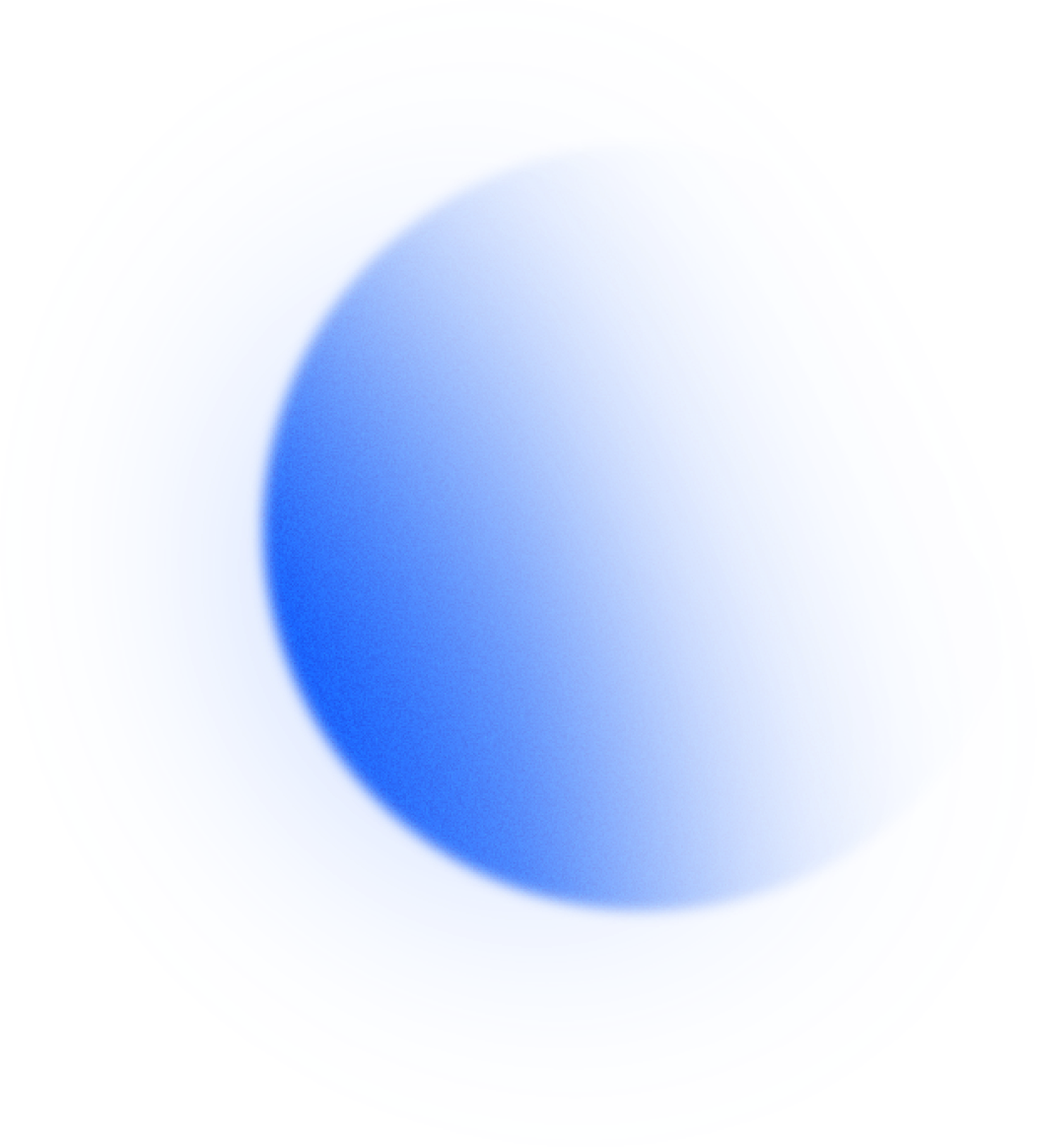


Medical device companies
The future of neurotechnology
August 25, 2025
In recent years, medical device companies have increasingly turned their attention to neurotechnology, a field once considered futuristic but now rapidly advancing into clinical reality. Neuromodulation, brain-computer interfaces, and implantable systems are no longer theoretical concepts; they represent a thriving sector with significant opportunities for investors who want to participate in healthcare’s next wave of innovation.
Below is an overview of select medical device companies at the forefront of this transformation. Each is tackling high-burden medical conditions through innovative devices that rewire how the nervous system is monitored and treated.
Inspire: A FDA class III medical device company for sleep apnea
Inspire Medical Systems has carved out leadership in treating obstructive sleep apnea with an implantable device that stimulates the airway muscles during sleep. Unlike CPAP machines, Inspire’s therapy is discreet, compliance-friendly, and increasingly adopted by physicians. With strong reimbursement support and rapid market penetration, Inspire demonstrates how device-based therapies can capture substantial unmet demand in large patient populations.
Nevro: Medical device innovation in chronic pain treatment
Nevro is a recognized leader in neuromodulation for chronic pain. Its high-frequency spinal cord stimulation system offers relief to patients who have not responded to conventional pain management approaches. With the opioid crisis pushing physicians and patients toward alternatives, Nevro’s therapy addresses both a clinical and societal need. Its ongoing expansion into new indications, including painful diabetic neuropathy, suggests a broad growth runway for investors.
NeuroPace: A pioneer in neurotechnology devices for epilepsy
NeuroPace has developed the RNS® System, the first FDA-approved responsive neurostimulation device for epilepsy. This technology monitors brain activity in real time and delivers electrical stimulation to prevent seizures before they occur. NeuroPace exemplifies how medical device companies in neurotechnology are blending diagnostics and therapy into a single platform. The epilepsy market remains underpenetrated, providing substantial opportunity for scaling adoption.
Paradromics: A medical device startup advancing BCI neurotech
On the frontier of brain-computer interfaces (BCIs), Paradromics is building the world’s most capable, durable and medically viable BCI platform. Their first device, the Connexus® BCI, is designed for an underserved market, translating brain signals into synthesized speech, text and cursor control for those with severe motor impairments. Paradromics approach emphasizes scalability, durability, and clinical utility, with the ability to scale to help millions by addressing untreated neurological and mental health conditions. For investors, Paradromics represents exposure to one of the most disruptive innovations in healthcare, where device capabilities could eventually extend far beyond medical therapy into broader human-machine integration.
Other notable neurotech startups and leaders in neuromodulation implants
In addition to these innovators, several other medical device companies are making strides in neuromodulation:
- Axonics: Offering implantable sacral neuromodulation devices for bladder and bowel dysfunction, addressing another underserved patient segment.
- Abbott Neuromodulation: A diversified player advancing spinal cord and deep brain stimulation systems with a strong global footprint.
- Boston Scientific: A leading multinational with a robust neuromodulation portfolio that continues to expand its clinical indications.
The investment case: Growth in the neurotechnology market
The landscape of medical device companies in neurotechnology is moving swiftly from niche applications to mainstream adoption. These devices target high-prevalence conditions like sleep apnea, chronic pain, epilepsy, and paralysis, where traditional therapies have fallen short. The convergence of miniaturized hardware, advanced software, and favorable reimbursement environments is creating a fertile environment for growth.
For investors, the takeaway is clear: neurotechnology is not just an exciting area of medicine, but also one of the most promising opportunities in the broader healthcare sector. Companies like Inspire, Nevro, NeuroPace, and Paradromics represent a portfolio of innovation poised to define the next generation of medical devices.
